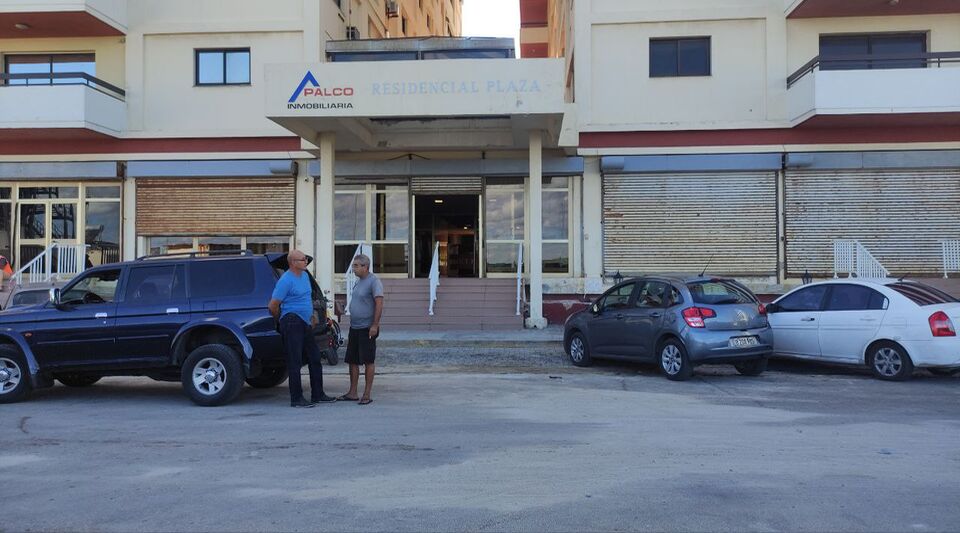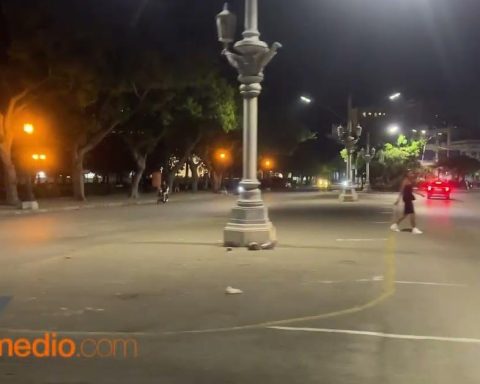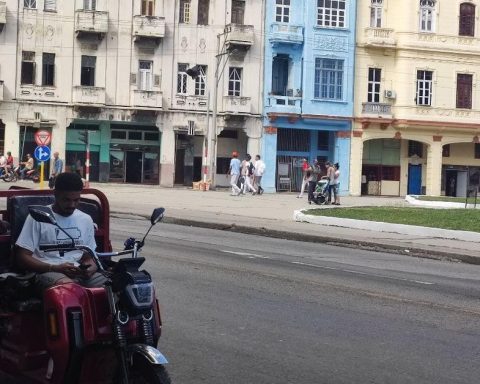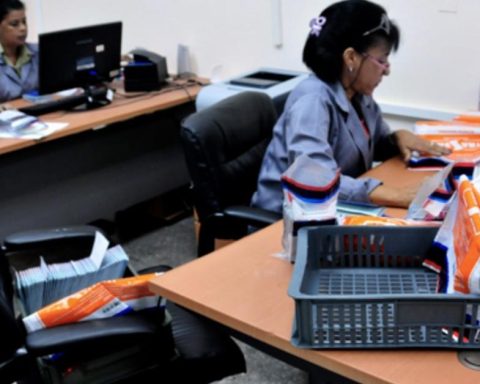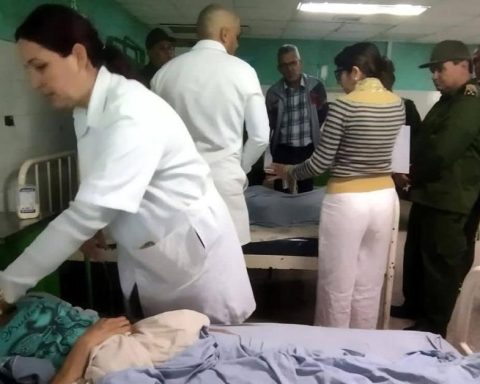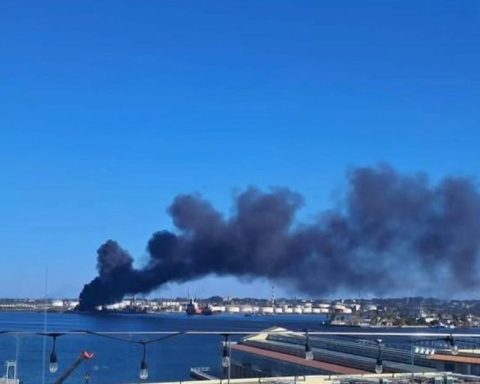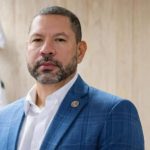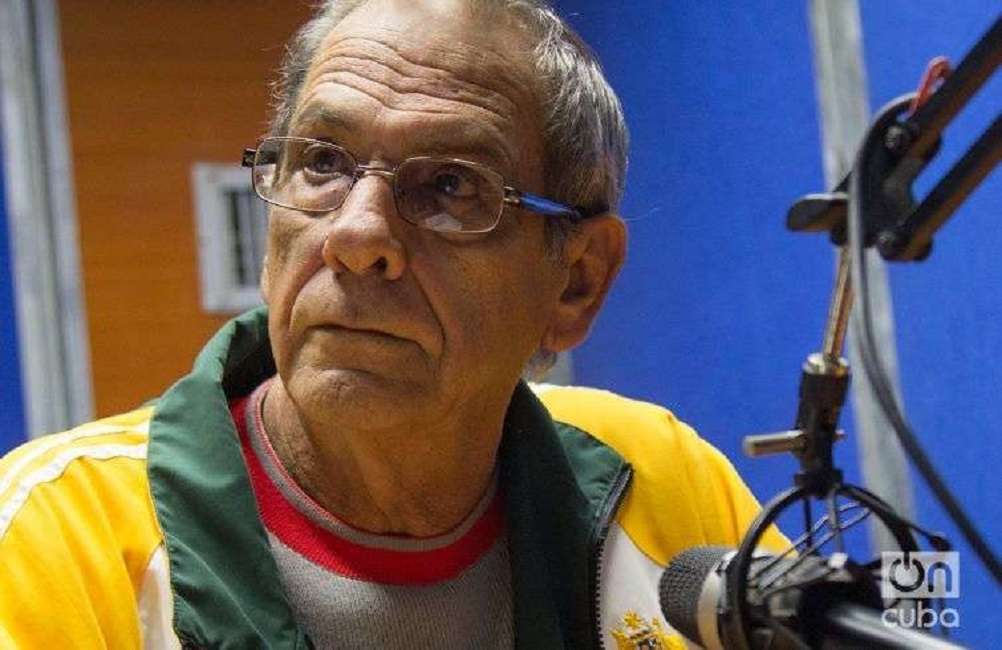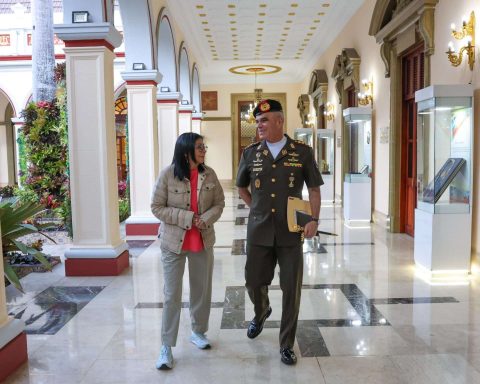Josu Abrisketa has been in Havana for 28 years, where in addition to being a husband, father and grandfather, he is president of the Ugao Group, a conglomerate of companies that provides services as varied as rum, boilers, footwear or rail services. His name in Spain is better known for his membership in the terrorist organization ETA and these days his name has come back to the fore because of his friendship with ETA member Mikel Albisu, alias Mikel Antza, that on Monday he was called to testify in Madrid in relation to his indictment for an attack in 2002.
Antza was accused in July of the attack on a Civil Guard barracks, which left two dead, including a six-year-old girl, along with five other former ETA chiefs to prevent the statute of limitations on the crime (for having passed 20 years since what happened).
This Monday he attended a hearing at the National Court (AN, competent in terrorism cases) to decide on his imprisonment, as requested by the prosecution, a measure that was denied, although he was subject to precautionary measures, one of them the prohibition to leave Spain.
The expert is based on a final judgment by which in 2007 several people who were part of the business network that supported the military were sentenced, including those who fled and refugees in Latin America.
One of the associations that have appeared in the case, Dignidad y Justicia, provided an expert report to the AN in which it warned of the possible risk of Antza fleeing, taking advantage of his friendship with Abrisketa. The report, to which he has had access the spanish digital The Objective, He maintains that the former ETA member residing in Havana could “be giving him financial support” through his companies. The expert considers that Ugao is part of the financial and business structures created by the terrorist organization in Latin America to facilitate “the social and economic insertion of those terrorists who have fled from the Spanish justice system.”
“Mikel Albisu Iriarte maintains a strong relationship with the Basque businessman Mr. Josu Abrisketa Korta, owner of Grupo Ugao SA. This group has its base of operations on the island of Cuba, and is very active in promoting independence and the culture of the Basque Country”, points out the author of the document.
To substantiate his opinion, the expert relies on a final judgment in which, in 2007, several people who were part of the business network that supported the military were sentenced, including those who fled and refugees in Latin America. Ugao was among the companies indirectly controlled by ETA through an intermediary (the Koordinadora Abertzale Socialista, KAS).
In Cuba, considers the report, “monthly salaries of 1,000 dollars were paid to those responsible for the terrorist organization at the head of the companies and financing the expenses of business infrastructure charged to the KAS common fund.” Although the author of the document admits that ETA no longer has a military structure, he considers that the support network continues to function perfectly to welcome one of its former leaders.
In the specific case of the businessman based in Cuba, the return was total and he rejoined the military apparatus of the terrorist organization
The AN judge handling the case rejected the requests of Dignity and Justice and determined that there is no real risk of flight, but he did agree to the Prosecutor’s request to impose precautionary measures on Antza, including the obligation to appear compulsorily every month in court and the prohibition to leave Spain, in addition to the designation of an address for notifications.
Ugao’s offices are in Havana, where Abrisketa established itself in mid-1984. The former ETA member was one of the 16 convicted in 1970 in the so-called Burgos Process, a case that transcended borders and in which 16 members of The organization accused of killing three people were sentenced to death during a summary trial by the Francoist courts. The sentences were commuted to long prison sentences (62 years in the case of Abrisketa) after an intense campaign inside and outside of Spain, and the defendants benefited from the 1977 Amnesty Law, already during the transition to democracy.
Most of the defendants became involved in politics or trade union movements after their release, but some remained close to ETA. In the specific case of the businessman based in Cuba, the return was total and he rejoined the military apparatus of the terrorist organization, this time from the French territory that the Basque independence movement considers its own. There he was arrested in 1983 by the French police, who deported him to Panama months later.
As he himself has recounted in several interviews, Havana took him in four months later on the condition that he go voluntarily. “The experience in Cuba has been very good, they treated us like revolutionaries and they continue to treat us,” he says. Now, he warns: “When the conditions are met, I will return.”
________________________
Collaborate with our work:
The team of 14ymedio is committed to doing serious journalism that reflects the reality of deep Cuba. Thank you for joining us on this long road. We invite you to continue supporting us, but this time becoming a member of our journal. Together we can continue transforming journalism in Cuba.
